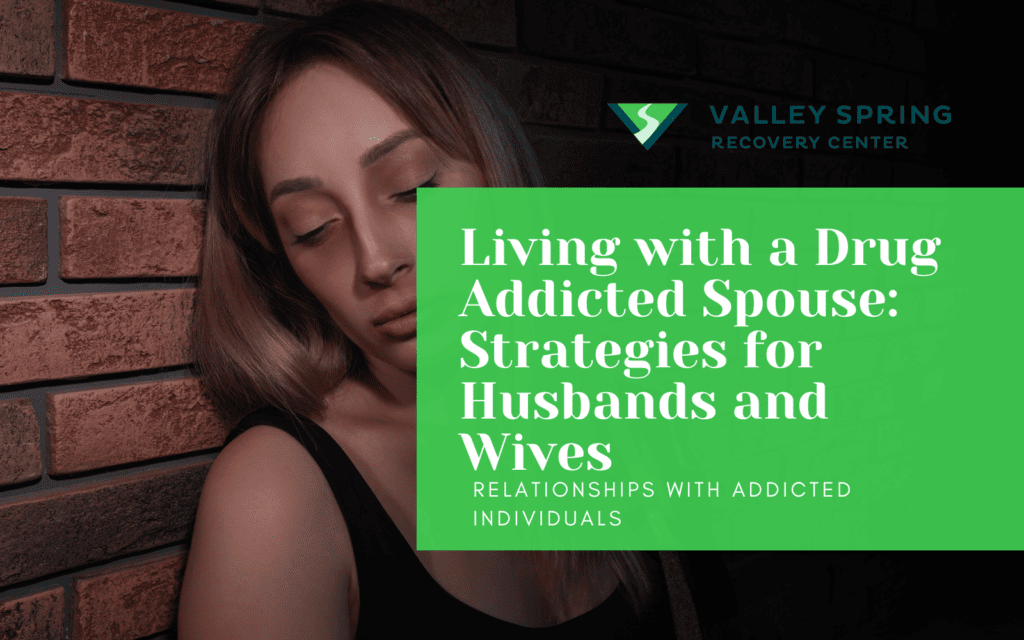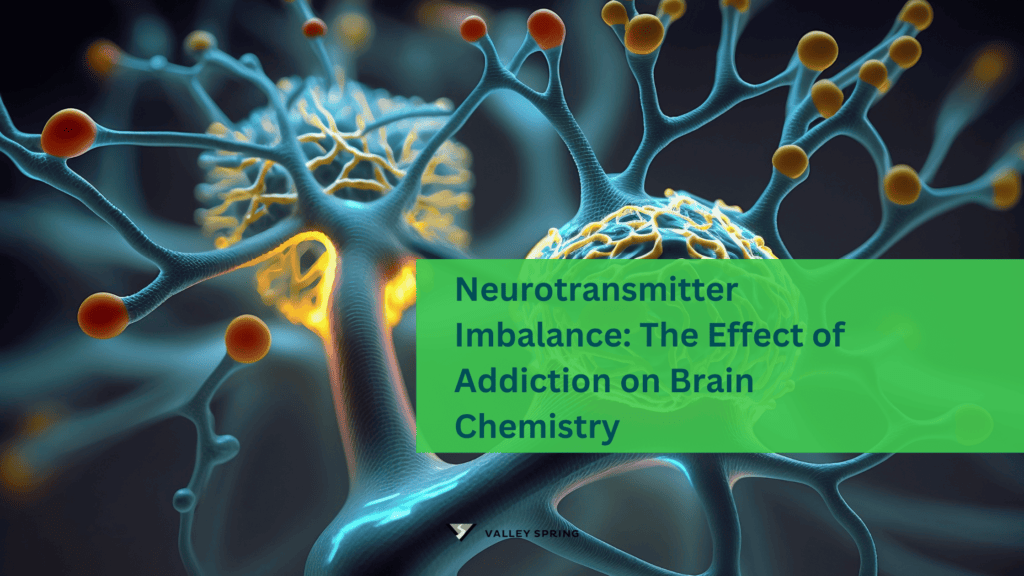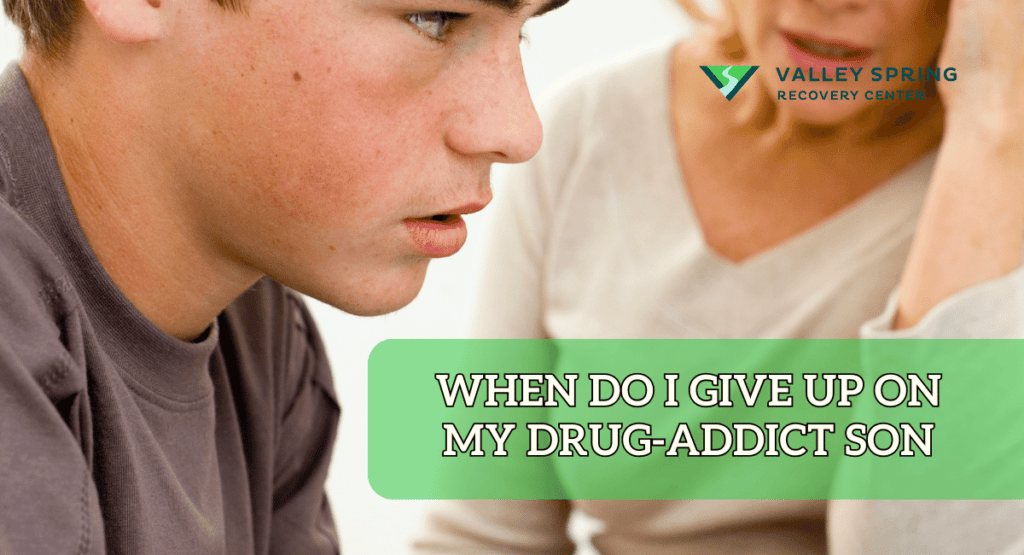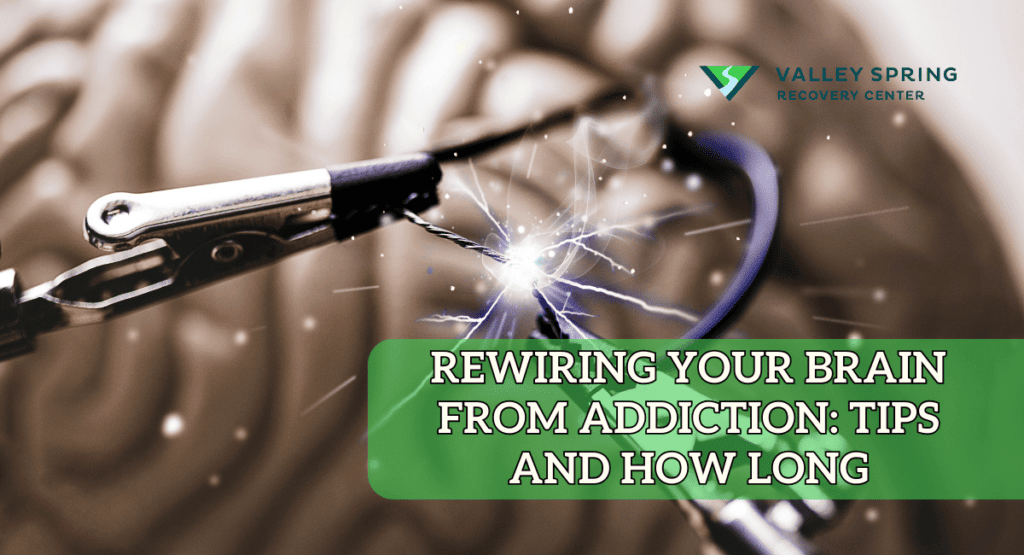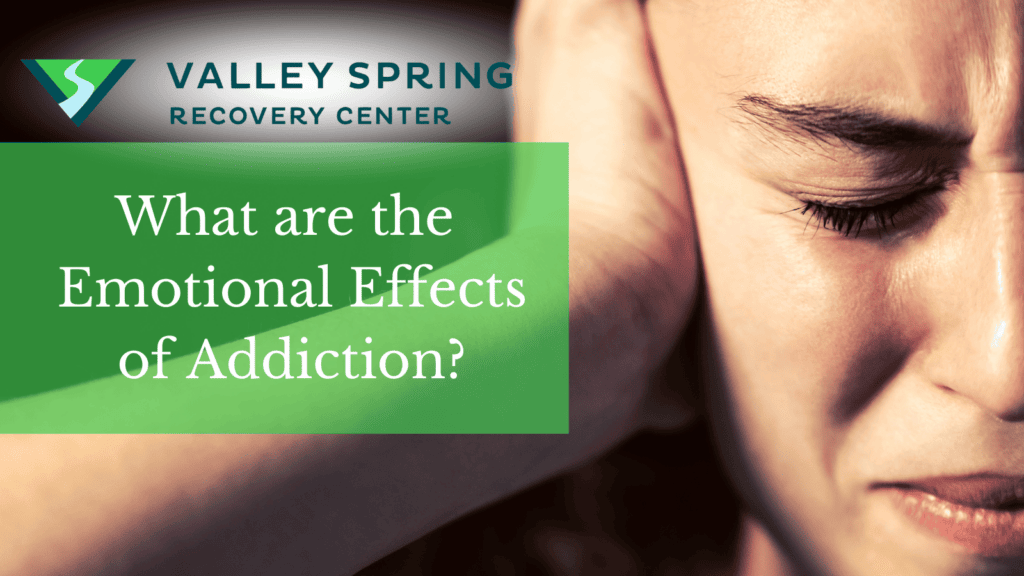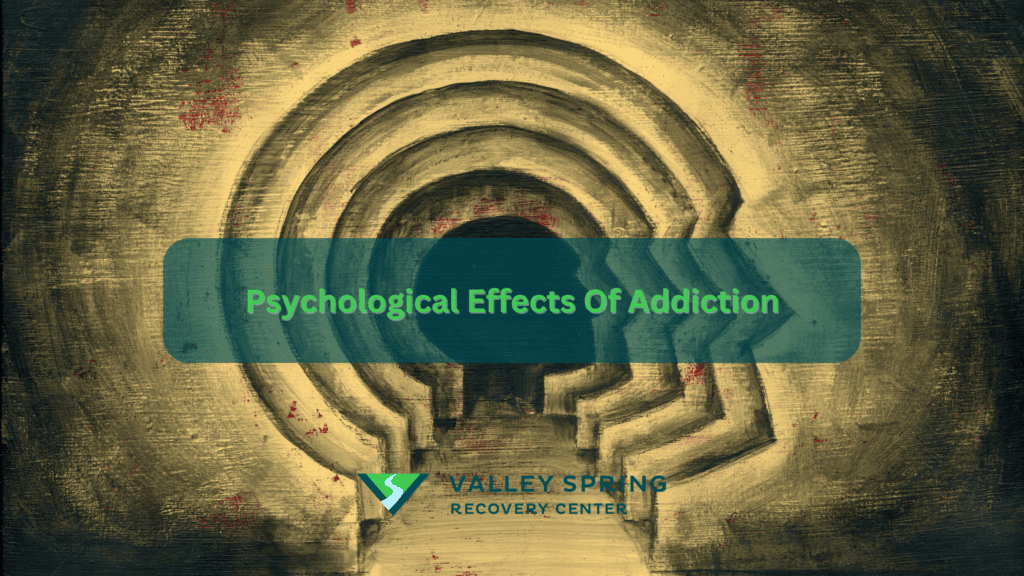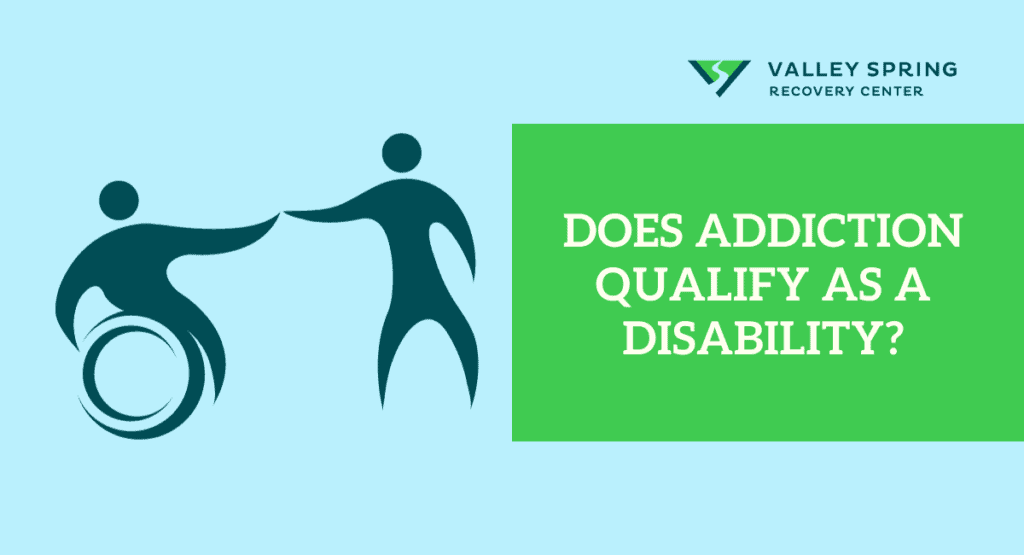Living with a spouse struggling with drug addiction is a profound and challenging experience. According to the American Association for Marriage and Family Therapy, the impact of substance abuse on marriage often leads to an increase in conflict, financial strain, and emotional distance.
The challenges faced by husbands and wives of addicts or alcoholics span the range of emotional and practical difficulties, from feelings of betrayal and loneliness to dealing with legal and health-related issues.
Effective strategies to help maintain the relationship’s integrity and support the addicted partner’s journey to recovery include boundary setting, personal well-being, and professional support. This article will discuss these strategies, focusing on the importance of self-care, setting boundaries, and seeking professional support. Spouses can find ways to navigate the turbulent journey with their partner with the right understanding, patience, and support systems even though living with an addict poses unique difficulties.

What Are The Effects On Spouses and Partners Of Addicted Persons?
Drug addiction is a progressive disease characterized by an inability to control the use of legal or illegal drugs, despite the detrimental effects and consequences that can negatively impact the spouse of the addicted individual. Substance use disorder (SUD), is marked by compulsive drug-seeking behaviors regardless of the negative impact it has on relationships. The National Institute on Drug Abuse describes drug addiction as a chronic disease that, when unmanaged, can disastrously impact an individual and potentially lead to death. In the realm of relationships, the ramifications of this addiction extend significantly beyond the individual, deeply affecting their partner.
Drug addiction profoundly impacts a spouse or partner in numerous ways by creating emotional turmoil, including feelings of betrayal, frustration, and helplessness, as they watch their loved one succumb to addiction. This situation frequently leads to a breakdown in communication, as secrecy and deceit become prevalent. Financial strain is also common, as resources may be diverted towards sustaining the addiction, resulting in economic instability for the family. Additionally, parenting roles and family dynamics can become skewed, placing undue stress on the non-addicted spouse and potentially affecting the emotional well-being of the children involved. The addiction can create a pervasive sense of isolation, as social connections and support networks dwindle. Overall, the relationship is often marred by a loss of trust, intimacy, and mutual respect, fundamentally altering the partnership’s dynamics.
How Does Substance Abuse Affect Relationships and Marriage?
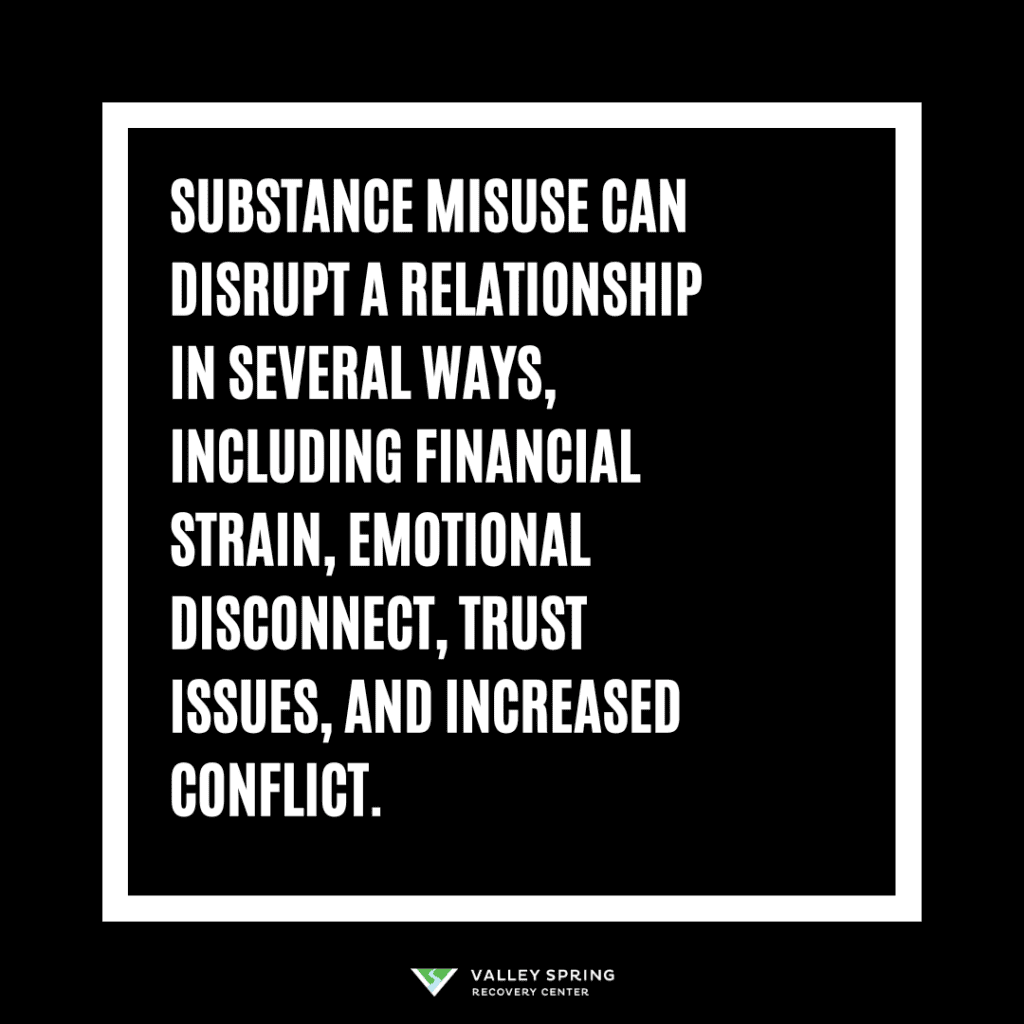
Substance abuse in a marriage or intimate relationship often leads to a cascade of negative effects, fundamentally altering the dynamics of the relationship. These changes can be pervasive, affecting various aspects of marital life. The American Psychological Association (APA) notes that substance abuse can disrupt the core elements that contribute to a healthy and satisfying marital relationship. Below are some of the key ways substance abuse can impact marriages according to Dr Michael Olla:
- Trust Issues: Addiction often breeds behaviors such as lying and hiding substance use, which erode the foundational trust in a marriage. The non-addicted spouse may start to feel betrayed and insecure, leading to a cycle of mistrust and suspicion.
- Communication Breakdown: Effective communication is critical in any relationship. However, substance abuse can lead to frequent misunderstandings, unresolved conflicts, and an overall breakdown in meaningful interaction between partners.
- Financial Strain: The costs associated with sustaining an addiction, including the purchase of substances and potential legal troubles, can put a significant financial burden on the relationship, often leading to stress and conflict over money.
- Emotional Distance and Isolation: As the addicted spouse becomes more involved with their substance use, they may become emotionally unavailable or withdrawn. The focus on substances can result in emotional neglect, where the addicted partner becomes less attentive to the emotional needs and well-being of their spouse, leading to feelings of loneliness and abandonment. This change can leave the other partner feeling isolated and alone in the relationship.
- Physical and Mental Health Impact: The stress and challenges of dealing with a partner’s addiction can adversely affect the physical and mental health of the non-addicted spouse. Issues like anxiety, depression, or even physical ailments can become prevalent.
- Increased Conflict and Stress: The stress of dealing with addiction can lead to increased arguments, blame, and resentment, putting a significant strain on the relationship.
- Parenting Challenges: If children are involved, addiction can lead to an imbalance in parenting responsibilities, with the non-addicted partner often taking on a disproportionate share of childcare and household duties.
- Isolation from Social Circles: Couples may become isolated from their social network due to the stigma of addiction or because the addicted partner prefers to avoid social situations.
- Sexual and Intimacy Issues: Addiction can affect sexual performance, and desire, and lead to a lack of intimacy, further distancing partners from each other.
Recognizing these impacts is crucial for understanding the challenges within relationships affected by substance abuse. It underscores the importance of seeking appropriate support and intervention, not just for the individual struggling with addiction, but also for their spouse.
How Does Addiction Affect Men in a Relationship with an Addicted Partner?
Men in relationships with partners who struggle with addiction often experience significant emotional and psychological stress. According to research published in the Journal of Substance Abuse Treatment, men may feel a heightened sense of responsibility to manage the chaos that addiction brings into the relationship, which can lead to feelings of helplessness and frustration (Kelly, J.F., & Moos, R., 2003). They may also encounter financial strain as they may have to cover medical or legal expenses related to their partner’s addiction. The constant worry about their partner’s well-being and the potential for deceit or betrayal can severely impact their mental health, contributing to anxiety or depression. Men are also less likely to seek emotional support due to societal expectations about masculinity, which can exacerbate the stress and isolation they feel.
How Does Addiction Affect Women in a Relationship with an Addicted Partner?
Women in relationships with addicted partners often face unique challenges, as they are more likely to bear the emotional burden of caregiving and maintaining family stability. Research indicates that women are more susceptible to experiencing emotional and psychological distress in these circumstances, with higher incidences of anxiety, depression, and even physical health problems as a result of stress (Copello, A.G., Velleman, R.D.B., & Templeton, L.J., 2005). They may also face social stigma and isolation, as they may be judged for their partner’s behavior or their decision to remain in the relationship. Financial insecurity is another critical issue, as women may have to compensate for their partner’s lost income or increased spending on substances. Additionally, women are more likely to become victims of domestic violence in relationships strained by substance abuse, further complicating their emotional and physical safety.
How Does Addiction Affect LGBTQ Individuals in a Relationship with an Addicted Partner?
LGBTQ individuals in relationships with addicted partners may face additional layers of complexity due to societal discrimination and a lack of supportive resources tailored to their needs. Research from the Journal of LGBT Health suggests that LGBTQ individuals often experience higher rates of substance abuse within their communities, exacerbating the challenges within intimate relationships (Green, K.E., & Feinstein, B.A., 2012). The stress of managing a partner’s addiction can be compounded by external pressures such as homophobia or transphobia, which may limit their access to community support and appropriate treatment services. Emotional burdens are often magnified for LGBTQ individuals who may already be dealing with their own issues related to identity and acceptance. Furthermore, the fear of losing social and familial support due to both their identity and their relationship with someone who has an addiction can lead to increased feelings of isolation and vulnerability.
How Does Addiction Affect Individuals in Non-traditional Relationships with an Addicted Partner?
Individuals in non-traditional relationships, such as polyamorous or non-monogamous partnerships, where one partner suffers from addiction, face unique challenges that can disrupt the dynamics within their relationship structures. The principles of trust, communication, and consent, which are foundational to non-traditional relationships, can become significantly strained. Studies indicate that the logistical and emotional management of addiction can lead to breaches of agreed-upon relationship rules, fostering feelings of betrayal and insecurity (Conley, T.D., Moors, A.C., Matsick, J.L., & Ziegler, A., 2013). Managing addiction may also divert attention and resources away from other partners, potentially leading to neglect and friction within the relationship network. Additionally, individuals in non-traditional relationships might struggle to find culturally competent support that respects and understands their relational dynamics, making it harder to obtain effective help for themselves and their addicted partner.
How to Cope with Feelings of Isolation When Your Spouse is Addicted to Drugs?
Coping with isolation involves building a support network outside of your marriage. Engage in activities that make you feel connected, such as joining support groups for spouses of addicts, volunteering, or rekindling old friendships. Remember, seeking support from others who understand your situation can be incredibly beneficial.
What Are the Signs of Emotional Abuse in a Relationship with a Drug-Addicted Partner?
Signs of emotional abuse include constant criticism, humiliation, intimidation, and manipulation. The addicted spouse may blame you for their addiction or make you feel guilty for their problems. Recognizing these signs is the first step in seeking help and protecting yourself.
How Can I Protect My Children from the Effects of Their Parent’s Drug Addiction?
Protecting your children involves honest communication appropriate for their age, ensuring they have a stable environment, and possibly seeking family counseling. It’s also important to monitor their emotional health and provide a safe space for them to express their feelings.
How to Deal with Financial Strain Caused by a Spouse’s Addiction?
Addressing financial strain involves creating a budget, separating finances to protect your assets, and possibly seeking advice from a financial counselor. It’s important to prioritize essential expenses and find ways to safeguard your financial future.
What strategies can partners of substance misusers employ in their relationships to mitigate negative effects?
Maintaining a relationship with someone with active drug addiction or alcoholism requires a multifaceted approach, focusing on both the well-being of the addicted individual and the non-addicted partner. The effective strategies and coping mechanisms that spouses of addicts can use in their relationship are listed below:
- Establish Boundaries: Set clear and firm boundaries regarding behavior. This includes limits on substance use in the home, financial boundaries, and expectations regarding treatment and recovery efforts.
- Prioritize Open Communication: Engage in honest and open communication about feelings, concerns, and expectations. It’s important to express emotions in a non-confrontational way and to listen actively.
- Encourage Professional Help: Support and encourage your spouse to seek professional help. This can include addiction counseling, rehabilitation programs, or support groups like Alcoholics Anonymous (AA) or Narcotics Anonymous (NA).
- Seek Individual Therapy: Therapy can provide a safe space for the non-addicted spouse to process their emotions, develop coping strategies, and maintain their mental health.
- Educate Yourself about Addiction: Understanding the nature of addiction, its challenges, and its impacts can foster empathy and patience in navigating the relationship.
- Participate in Support Groups: Join support groups for spouses of addicts, such as Al-Anon. These groups offer a community of individuals facing similar challenges and provide a platform for sharing experiences and coping strategies.
- Practice Self-Care: The non-addicted spouse must take care of their physical and emotional health. Engage in activities that promote well-being, such as exercise, hobbies, or spending time with supportive friends and family.
- Avoid Enabling Behavior: Be mindful of behaviors that might enable the addiction, such as covering up for your spouse, making excuses, or financially supporting their substance use.
- Focus on Positive Actions: Encourage and participate in activities that do not involve substance use. This includes hobbies, outings, and family events that promote a healthy lifestyle and positive interaction.
- Plan for Safety: In cases where addiction leads to dangerous or abusive behavior, have a safety plan in place. This may include having a place to go, people to call, and knowledge of local resources for emergencies.
Implementing these strategies can help spouses navigate the complexities of a relationship affected by addiction, aiming to maintain a supportive environment while prioritizing personal well-being and healthy relationship dynamics.
How can you tell if you are supporting your partner or enabling their addiction?
Differentiating between supporting your partner and enabling their addiction is a delicate yet crucial aspect of dealing with a partner’s substance abuse. When you support your partner, you actively encourage and facilitate their recovery journey. This includes guiding them towards professional help, such as therapy or rehabilitation programs, and promoting healthy, substance-free activities. Providing emotional support is also a part of this, where you offer a listening ear, empathy, and understanding, while also being honest about your concerns regarding their addiction. Crucially, support involves setting and maintaining clear boundaries that protect your well-being and are upheld consistently. Educating yourself about addiction and recovery processes can also significantly aid in offering informed and effective support.
In contrast, enabling behavior often prolongs or exacerbates the addiction. Enabling can take various forms, such as denying or downplaying the severity of the addiction, making excuses for your partner’s behavior toward others, or taking over responsibilities and duties that your partner neglects due to their addiction. Financially supporting the addiction, either directly by providing money for substances or indirectly by paying off debts incurred due to the addiction, is another common form of enabling. Additionally, avoiding confrontations about the addiction to maintain peace, even when it is harmful to your partner’s health and well-being, is a sign of enabling.
The key to distinguishing between support and enabling lies in regular reflection on your actions and their consequences. Are they leading your partner toward recovery, or are they perpetuating the cycle of addiction? Open and honest communication about your feelings and concerns is essential. If you find yourself uncertain about whether your actions are supportive or enabling, it’s advisable to seek guidance from professionals, support groups, or counselors experienced in addiction and recovery. The ultimate goal is to encourage and facilitate your partner’s recovery and health, without shielding them from the repercussions of their addictive behaviors.
What Are Examples Of Setting Boundaries In A Relationship With An addict Or alcoholic?
Below are 10 circumstances and examples of setting boundaries in a relationship with an addict:
1. Substance Use in the Home
Boundary: “I do not want any alcohol/drugs in our home. If I find them, I will remove them.”
Purpose: To create a safe and substance-free environment at home.
2. Behavior During Intoxication
Boundary: “If you are intoxicated, I will not engage in conversation with you and will choose to stay in a different room or leave the house.”
Purpose: To protect yourself from the unpredictable or harmful behavior that can occur during intoxication.
3. Financial Boundaries
Boundary: “I will keep our finances separate to protect our family’s financial stability. I will not pay for any expenses related to your substance use.”
Purpose: To safeguard your financial security and avoid enabling their addiction.
4. Social and Family Events
Boundary: “If you are under the influence, you cannot attend family or social events with me.”
Purpose: To maintain a healthy social and family life and avoid exposing yourself and others to potentially embarrassing or harmful situations.
5. Responsibilities and Accountability
Boundary: “You must uphold your responsibilities, like employment and household chores. Failure to do so will result in specific consequences (e.g., seeking external help).”
Purpose: To ensure that addiction does not lead to neglect of shared responsibilities.
6. Emotional Abuse
Boundary: “If you become verbally abusive, I will end the conversation and remove myself from the situation.”
Purpose: To protect your emotional well-being and mental health.
7. Seeking Help
Boundary: “It’s important for our relationship that you seek help for your addiction. If you refuse to get help, I will need to reconsider our relationship.”
Purpose: To encourage treatment and recovery as a critical component of continuing the relationship.
8. Safety and Violence
Boundary: “Any form of violence or threatening behavior is unacceptable. If this occurs, I will contact the authorities and/or leave to ensure my safety.”
Purpose: To ensure your personal safety and make it clear that abusive behavior is not tolerated.
9. Parental Responsibilities
Boundary: “You cannot be alone with the children if you are under the influence.”
Purpose: To protect the children from potential harm and ensure they are in a safe environment.
10. Personal Health and Well-being
Boundary: “I will regularly attend support groups for myself to maintain my own mental health.”
Purpose: To emphasize the importance of self-care and external support in coping with the challenges of the relationship.
What Is Codependence?
Codependence with an addict is a behavioral and emotional condition that affects an individual’s ability to have a healthy, mutually satisfying relationship. It is often characterized by excessive emotional reliance on a partner, typically one who requires support due to an illness or addiction.
In relationships where one partner is an addict, the codependent individual often assumes the role of a caregiver, sometimes to the point of neglecting their own needs. This dynamic can create an unhealthy balance where the codependent’s self-esteem and emotional well-being are heavily dependent on their ability to meet the needs of their addicted partner. They may find themselves making significant sacrifices to keep their partner comfortable and stable, often enabling the addiction in the process.
Key characteristics of codependence include:
- Enabling Behavior: The codependent partner often enables the addiction by covering up, rationalizing, or minimizing the addictive behaviors. This might involve lying to others to hide the addiction’s consequences or repeatedly bailing the addict out of financial or legal troubles.
- Fear of Abandonment: Codependents may have an intense fear of being abandoned or alone. This fear often drives them to tolerate unhealthy or abusive behaviors from the addicted partner.
- Poor Boundaries: Struggling with setting and maintaining healthy boundaries is a common trait. Codependents might find it hard to separate their feelings and identity from their partner, leading to a loss of personal autonomy.
- Obsession with Partner’s Problems: A codependent individual often becomes preoccupied with the addict’s behaviors and problems, spending excessive energy trying to control or fix the situation.
- Neglect of Personal Needs: In their focus on the addict, codependents often neglect their own needs and well-being. This neglect can manifest in ignoring personal health, hobbies, social life, and emotional needs.
- Emotional Reactivity: Codependents can be extremely reactive to their partner’s moods and behaviors, finding their own emotional state closely tied to the state of their partner.
Codependence with an addict creates a cycle where the codependent’s actions and well-being become inextricably linked to the addict’s behavior, often to the detriment of both parties. Breaking this cycle usually requires the codependent to seek help for themselves, often through therapy or support groups, to learn how to establish healthier relationship dynamics.
Is It Possible to Rebuild Trust After It’s Been Broken by Addiction?
Rebuilding trust is possible but takes time and effort. It involves consistent and reliable behavior from the addicted spouse, open communication, and sometimes professional counseling. Both partners need to be committed to the process of rebuilding the relationship.
How Do I Set Boundaries with My Addicted Spouse Without Feeling Guilty?
Setting boundaries is crucial for your well-being. Understand that boundaries are not punitive but protective. Communicate your boundaries clearly and remind yourself that these limits are necessary for a healthy relationship and personal well-being.
Can you force your spouse into rehab?
Forcing a spouse into rehab is a complex issue that varies depending on the legal jurisdiction and specific circumstances. Generally, in most places, you cannot legally force an adult into rehabilitation against their will unless certain conditions are met.
Forcing a spouse into rehab is a complex issue that varies depending on the legal jurisdiction and specific circumstances. Generally, in most places, you cannot legally force an adult into rehabilitation against their will unless certain conditions are met. Here are some key points to consider:
- Voluntary Admission: Rehabilitation programs are typically most effective when the individual acknowledges their problem and chooses to seek help voluntarily. Forced treatment can sometimes be less effective as the individual may resist the process and is less likely to be committed to recovery.
- Legal Frameworks: In some regions, there are legal mechanisms (such as involuntary commitment laws) that allow for a person to be placed in a treatment program without their consent. However, these laws usually require proof that the individual poses a danger to themselves or others due to their addiction.
- Intervention Orders: In certain cases, family members can petition a court for an intervention order. This legal process usually involves demonstrating that the individual is unable to make rational decisions due to their addiction and that treatment is necessary for their safety and health. You can also hire a private interventionist to help.
- Ethical and Relationship Considerations: Forcing a spouse into rehab can have significant implications for your relationship. It can lead to feelings of betrayal or resentment and might damage trust. It’s important to consider these potential outcomes and whether they align with your long-term goals for the relationship and your spouse’s well-being.
- Alternatives to Forced Rehab: Before considering forced rehab, explore other options like an intervention with a professional, counseling, or attending support groups. Sometimes, a well-planned and executed intervention by family and friends can encourage an individual to seek help voluntarily.
- Consult Professionals: If you’re considering trying to get your spouse into rehab, it’s advisable to consult with addiction specialists, legal professionals, and mental health counselors to understand your options and the potential consequences. Drug rehab centers have counselors on standby to help get people into treatment. If you can get a loved one on the phone with a rehab center, it might be enough to change their life.
How Can Couples Counseling Help if My Spouse Is Still Using Drugs?
Couples counseling can be beneficial even if your spouse is still using drugs. It provides a safe space to address relationship issues and can also help the addicted spouse realize the impact of their addiction. However, individual therapy for each partner is also important.
What Are the Long-term Effects of Being Married to a Drug Addict?
Long-term effects can include chronic stress, mental health issues like anxiety or depression, strained relationships with other family members, and sometimes physical health problems. Acknowledging these effects is crucial in seeking appropriate support and self-care strategies.
How to Maintain My Own Identity While Being Married to an Addict?
Maintaining your identity involves engaging in activities independent of your spouse, nurturing your own interests and hobbies, and maintaining connections with friends and family. Personal therapy can also help in exploring and preserving your sense of self.
What Legal Protections Should I Consider If My Spouse Is a Drug Addict?
Legal protections might involve consulting with a lawyer to understand your rights, especially regarding finances, property, and child custody. In cases of domestic abuse, it’s important to be aware of protective orders and other legal measures for your safety.
What is the impact on children if a parent is addicted to drugs?
The impact on children, when a parent is addicted to drugs, can be profound and multifaceted, affecting various aspects of their emotional, psychological, and physical well-being. Here are some key impacts:
- Emotional and Psychological Trauma: Children often experience a range of intense and negative emotions such as fear, anxiety, guilt, shame, and confusion. They may struggle with feelings of abandonment and may also internalize the chaos surrounding them, leading to long-term emotional issues.
- Behavioral Problems: The instability in their home environment can lead to behavioral issues. Children of addicts may act out in school or social settings, struggle with authority, or become withdrawn and isolated.
- Social and Developmental Delays: Due to erratic and often neglectful parenting, these children may experience delays in social and developmental milestones. They might struggle with forming healthy relationships or have difficulties in academic performance.
- Increased Risk of Substance Abuse: Children of addicted parents are at a higher risk of developing substance abuse problems themselves. This can be due to genetic predisposition, learned behaviors.
What to do if your son of daughter also becomes addicted?
Dealing with an addicted son or daughter can be very difficult but handled in a similar way to an addicted spouse. Setting proper boundaries and maintaining personal well-being while also offering support to the addicted individual is the best approach.
Ben Fisher
All author postsShare This Post

